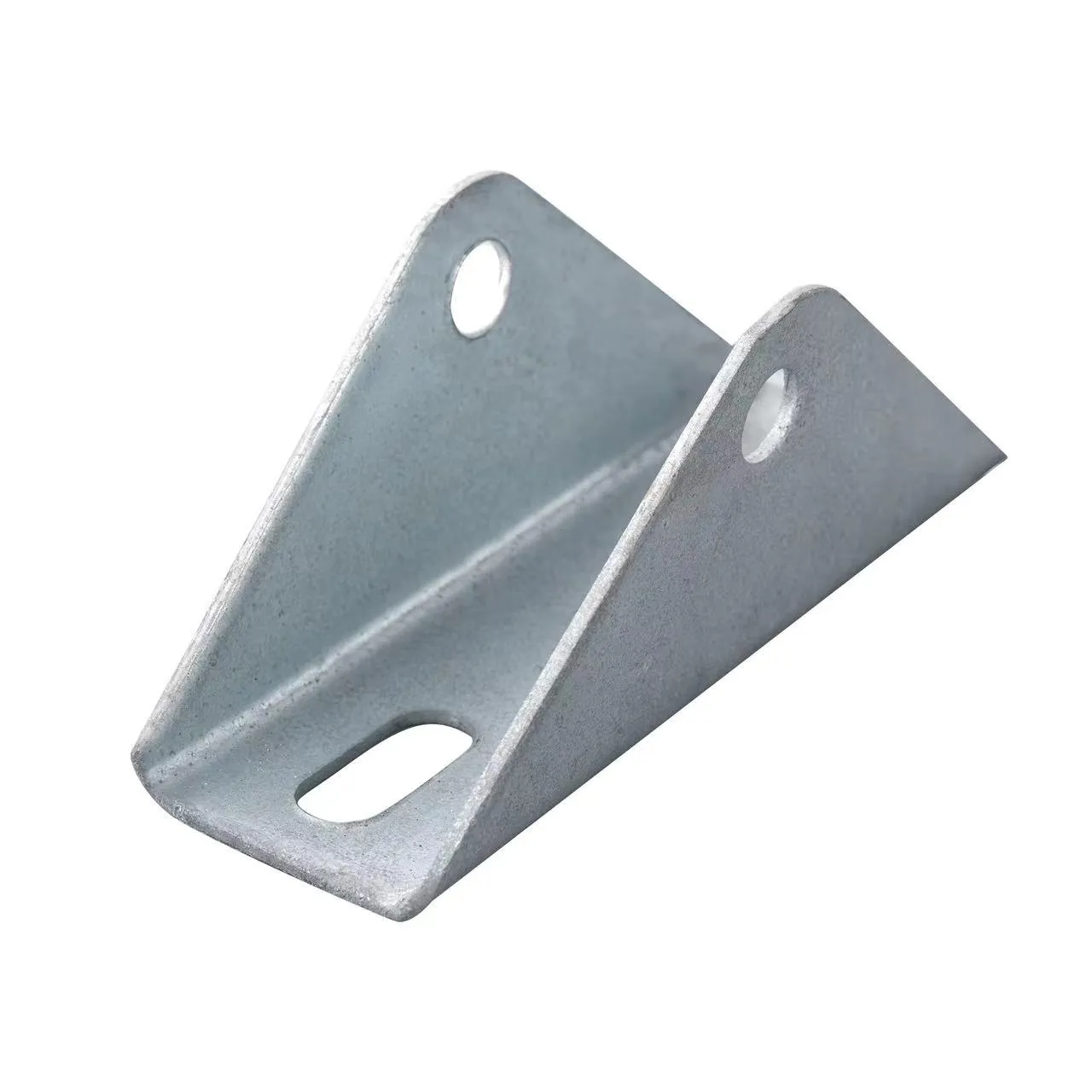

Comparison of Plain Washers and Spring Washers in Fastening Applications and Their Technical Differences
Th7 . 31, 2024 23:06 Back to list
Comparison of Plain Washers and Spring Washers in Fastening Applications and Their Technical Differences
Understanding Plain Washers and Spring Washers A Comprehensive Overview
Washers are fundamental components in the fields of construction, engineering, and mechanical assembly. They serve various essential functions, such as distributing load, reducing friction, and preventing leakage. Among the variety of washers available, plain washers and spring washers are two of the most commonly used types. Each type has its specific applications and advantages, which make them vital in ensuring the integrity and functionality of mechanical systems.
Plain Washers
Plain washers, also known as flat washers, are disk-shaped mechanical components that provide a flat surface for bearings, nuts, and bolts. Their primary function is to distribute the load from fasteners over a larger surface area, which helps to prevent damage to the parts being fastened. Made from materials like steel, plastic, or rubber, plain washers come in various sizes and thicknesses to suit different applications.
One of the key benefits of using plain washers is their ability to minimize the risk of deformation. When fasteners are tightened, a plain washer acts as a cushion, ensuring that the material beneath the fastener does not suffer from excessive stress. This feature is particularly important in applications involving soft materials, such as wood or plastic, where a direct connection could lead to crushing or cracking.
Additionally, plain washers can help protect against corrosion by providing a barrier between dissimilar metals in a joint
. This is especially crucial in environments where moisture or chemicals are present, as it can prevent galvanic corrosion, which occurs when two different metals come into contact in the presence of an electrolyte.Spring Washers
plain washer and spring washer

In contrast to plain washers, spring washers are designed to provide tension or to maintain a certain amount of preload on fasteners. These washers are typically made from spring steel and come in various shapes, such as round, star, or bellville. Their primary purpose is to absorb shock and vibrations, preventing loosening of bolts and nuts over time.
The most common type of spring washer is the split washer, often referred to as a lock washer. It features a helical design that creates tension when the fastener is tightened. As a result, the split washer exerts a force that helps counteract the loosening effect caused by vibrations and fluctuating loads. This characteristic makes spring washers particularly valuable in applications involving heavy machinery, automotive assemblies, and infrastructure projects.
Another type of spring washer is the conical washer or belleville washer, which is used to apply a controlled amount of load and maintain clamp force under varying conditions. These washers are designed to compress under load, allowing for adjustments in applications where thermal expansion or contraction is expected.
Choosing Between Plain and Spring Washers
When deciding between plain and spring washers, it is essential to consider the specific needs of the application. If the goal is simply to distribute load and prevent surface damage, plain washers may be the best choice. However, if the assembly requires protection against vibration and potential loosening, spring washers would be more suitable.
In conclusion, both plain washers and spring washers play crucial roles in ensuring the stability and longevity of mechanical assemblies. By understanding their functionalities and applications, engineers and technicians can make informed decisions that enhance the reliability and performance of their projects. Whether used individually or in combination, these simple yet effective components are indispensable in the world of engineering and manufacturing.
Latest news
-
Premium Fasteners Manufacturer | AI-Driven Solutions
NewsAug.01,2025
-
Hot Dip Galvanized Bolts - Hebei Longze | High Strength, Corrosion Resistance
NewsAug.01,2025
-
High-Strength Hot Dip Galvanized Bolts - LongZe | Corrosion Resistance, Custom Sizes
NewsAug.01,2025
-
Best Self Tapping Screws for Drywall - Fast & Secure Installation
NewsJul.31,2025
-
High-Strength Hot Dip Galvanized Bolts-Hebei Longze|Corrosion Resistance&Customization
NewsJul.31,2025
-
Hot Dip Galvanized Bolts-Hebei Longze Metal Products|Corrosion Resistance&High Strength
NewsJul.31,2025

